Creadev, the investment firm of France’s Muillez family — which owns superstore chain Auchan and sports retailer Decathlon — is pumping up to $6 million into Chinese precision ag platform Kebai Sciences as part of its Series B funding round.
The Beijing-headquartered startup will use the funds for working capital purposes, research and development, and to accelerate its global expansion plans, Creadev investment director Alan Zhu told AFN.
Kebai provides a customizable precision ag solution for farmers and agribusinesses which can be used in both open-field and controlled environment settings.
What sets it apart from the numerous other platforms out there is its holistic, end-to-end approach to precision farming, according to Zhu.
Many companies in the space are focused on specific areas such as sensor technology or the software-as-a-service (SaaS) that allows users to make sense of field data. Kebai is a “platform integrator,” in Zhu’s words, which has designed and developed its own sensors, transmitters, plant-growth models, and SaaS in-house.
Not only does this make things simpler for end users, who can buy everything they need in one package; it also allows the startup to be more cost-competitive than alternative options. It was these features which first caught Creadev’s attention.
“It’s suitable for the emerging markets [as] their pricing is roughly 30% lower [than average]. For some components they are 50% lower than US and European competitors,” Zhu said.
Platform integrator
Creadev started scouring China for affordable, integrated precision ag solutions after it invested in US indoor farming startup Gotham Greens in June 2018.
“We learned from our investment in Gotham Greens that technology can play a bigger part in urban farming and in greenhouse plantations. That’s why we started screening companies in China,” Zhu said.
Shanghai-based Zhu and his team found that most Chinese precision agtech players are squarely on the hardware side, making either IoT sensors or transmitting units.
“In China, the hardware cost has been decreasing quite a lot in the last few years, thanks to the scaling economics of sensor production,” he explained. “But we didn’t like those companies because, if you’re only a hardware producer, you’re actually putting yourself in a very highly competitive market because the costs are very low, which means the margins are very low and you need to compete on the pricing.”
Creadev also considered several Chinese SaaS companies. But with tech-enabled precision farming still a fairly novel concept to prospective end users, the French firm concluded that a simpler, one-stop shop solution would be fare better among would-be buyers.
“We think the pure SaaS model is not is not a very promising or very sustainable play in China,” Zhu said. “That’s why we went looking for a platform integrator – they need to be a little bit everywhere, they need to be strong in the hardware and they need to have a good SaaS platform. That’s why we zoomed in on Kebai.”
‘We want to build our own agtech ecosystem’
Creadev’s broader vision is top tap into technologies from markets such as China to boost its portfolio companies in other sectors and other parts of the world. Previously, the firm mostly invested in Europe, backing businesses in various sectors such as renewable energy, education, and elder care. It has increasingly focused on agrifoodtech over the past two or three years following a strategic review to determine which sectors are more “highly synergized” to the Mulliez family’s core retail business, Zhu explained.
“So we decided to be a focused investor in food and agriculture, because the family believed we have very strong retail networking capabilities. If we are a shareholder of a food or agriculture company, that means we can help them out with market access,” he said.
“We do not view ourselves as a pure financial investor; every investment we make has a somewhat strategic angle, especially where we have been predominantly investing in different agtech companies across the world, in the US, in Africa, and in Europe. We want to build our own ecosystem of agtech companies, so post-investment we want to create some connection and synergy between Kebai and our investments in the US and Europe.”
Avoiding the trade war
In the current atmosphere of heightened trade frictions between China and other major economies, including ag giants like the US and Australia, that’s easier said than done. But Zhu still sees plenty of scope for Kebai to go global.
“Countries tend to want to play by themselves [at the moment], but I think for IoT – it’s just not like corn and soybean and those big agricultural commodities,” he said. “If we want to do a project in, for example, Thailand, we only need to ship a few component parts to Thailand. We’re not actually talking about a container – we are just talking small parcels, individual parts. There’s no big volume of trading.”
“If [Kebai] wants to further go into the overseas markets they have two options. The first option is they can set up their own overseas office, [with] their own people in overseas markets. The second option is they find some local partners who can help them in the execution and the implementation of their projects.”
Kebai already has something of an international footprint; aside from its Beijing base, it has two branch offices in China, as well as an R&D center in Graz, Austria. Its precision ag system is already being used in more than 30 countries.
The startup’s founder and CEO Frank Liu, who previously worked at the Asian Development Bank and the Chinese government’s Ministry of Agriculture and Rural Affairs, said in a statement that it will be “actively engaging in the Creadev agtech system, which will benefit our IoT tech iteration, help enhance the plant growth algorithms, and expand our global footprint in terms of both sales and implementation.”
“Moreover, we would like to learn from the Mulliez family’s decades of retail and distribution experience, to build up Kebai’s upstream and downstream supply chain,” he added.
Got a news tip or a story idea? Email me at [email protected] or find me on Twitter at @jacknwellis

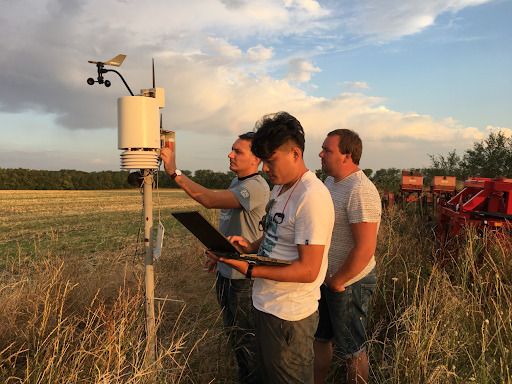
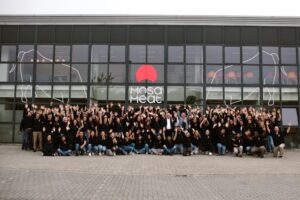
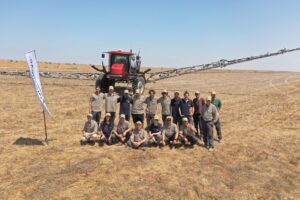
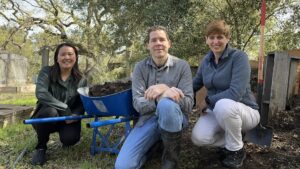
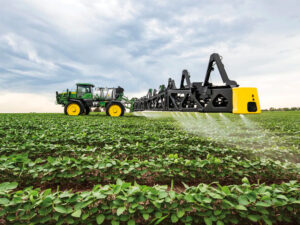

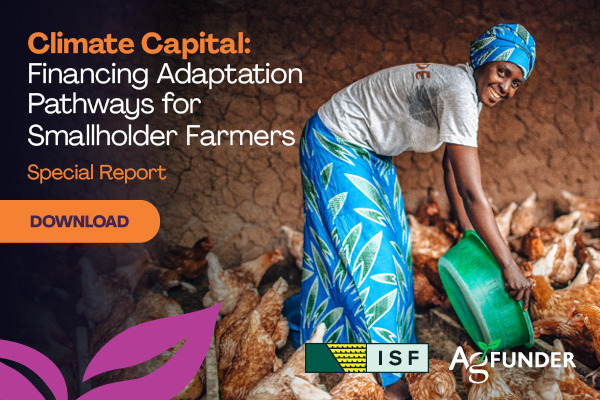
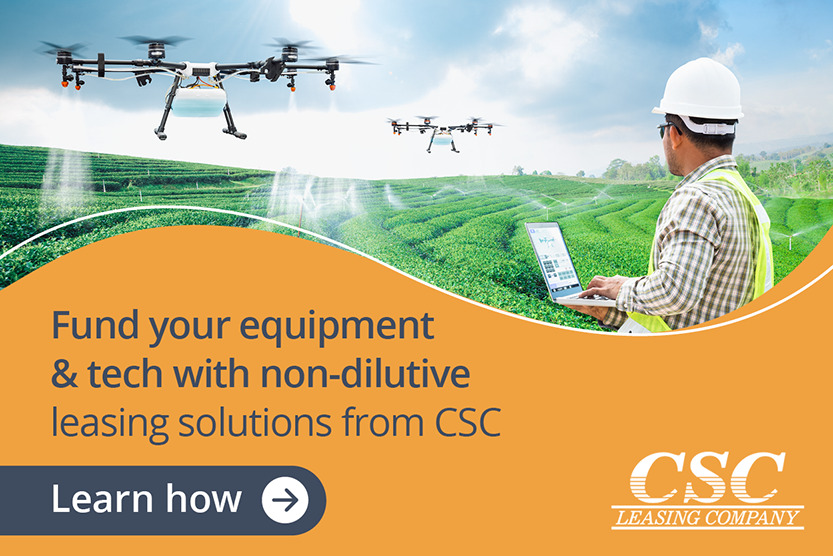


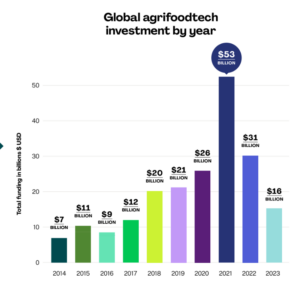
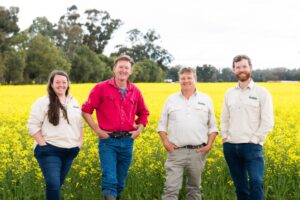


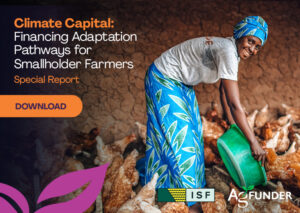

Sponsored
International Fresh Produce Association launches year 3 of its produce accelerator